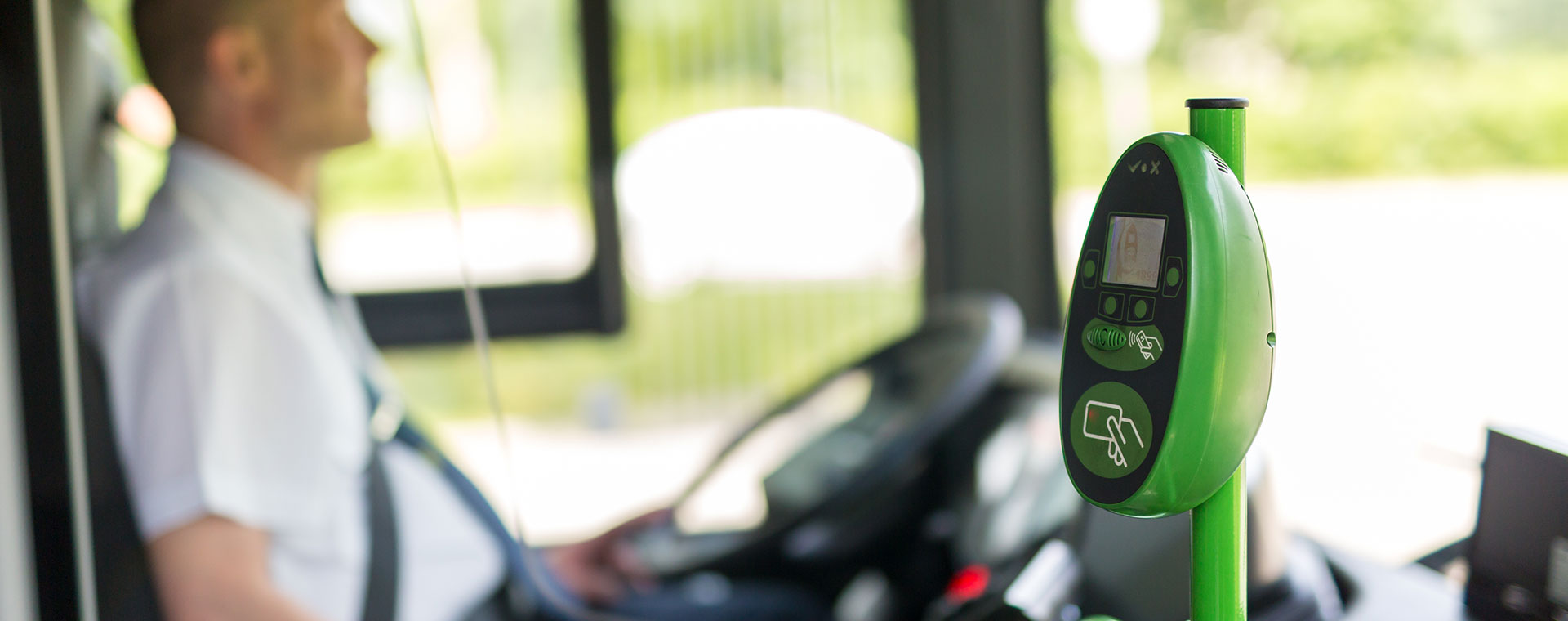Interview
Public investment
How can we integrate inclusion in the transition to sustainable transportation?
-
Charlotte Halpern
FNSP tenured researcher at Sciences Po Paris’ Centre for European Studies and Comparative Politics

In this video, Charlotte Halpern explains how to reconcile sustainability and inclusion in transport.
Today, this is a major issue, and there are two dimensions to a fair transition:
- A social dimension based on income. It concerns the right to mobility for a certain number of people who live far from any public transport alternative and depend on their car. We also need to think about those who can’t afford to own one. So we need to know how to reach these particular social groups.
- A dimension of spatial inequality that is linked to where we live. Many investments and tools have been deployed in cities to stimulate innovation there, ignoring their peripheries or rural and peri-urban areas. This is an issue that the EU, but also the Member States, have only recently begun to consider. We need to think about potential alternatives in these areas, where public transport may not be an option.
-
 Edito
Welcoming mobility
Edito
Welcoming mobility
How to foster a welcoming transport system for a city’s inhabitants?
Jatteau Raphaël, Founder of Cocoparks
-
 Edito
Welcoming mobility
Edito
Welcoming mobility
How can we foster a welcoming transport system for a city’s inhabitants?
Blache Chris, Urban anthropologist and co-founder of the "GENDER AND THE CITY" (GENRE ET VILLE) platform for reflection and action
Any approach to safe mobility in the future mus put people first. To create a warm and welcoming atmosphere on public transportation, we need to view our fellow riders as valuable allies, rather than potential enemies. -
 Insights
Infrastructure
Insights
Infrastructure
Are we on track to adapt our transportation infrastructure with our growing needs by 2050?
Currie Graham, Professor of Public Transport at Monash
The model of the 20th century - what we call the “Predict Provide Paradigm”, where urban planners would predict the amount of vehicle infrastructure, provide them, and segregate traffic - is no longer sustainable. -
 Edito
Access
Edito
Access
Will the public transportation systems of tomorrow be fair for all?
Bousson Damien, Co-founder of Atsuké
Transport tickets are an essential part of ensuring fair access to public transport. -
 Insights
Infrastructure
Insights
Infrastructure
Are we on track to adapt our infrastructure networks with our growing needs by 2050?
Halpern Charlotte, FNSP tenured researcher at Sciences Po Paris', Centre for European Studies and Comparative Politics
In recent years, the adaptation of transport infrastructure has emerged as a major issue on the agenda of all international organizations.


